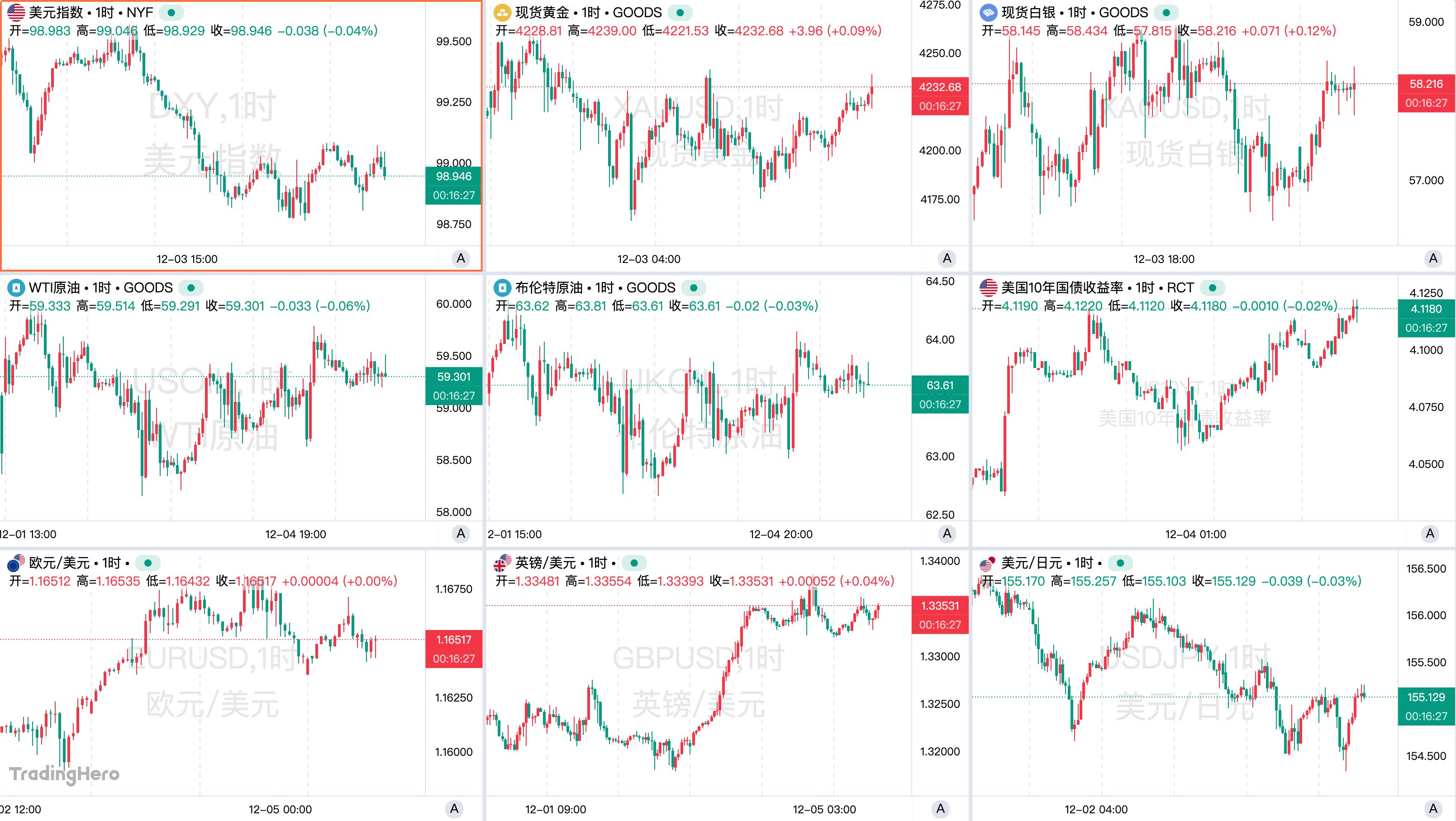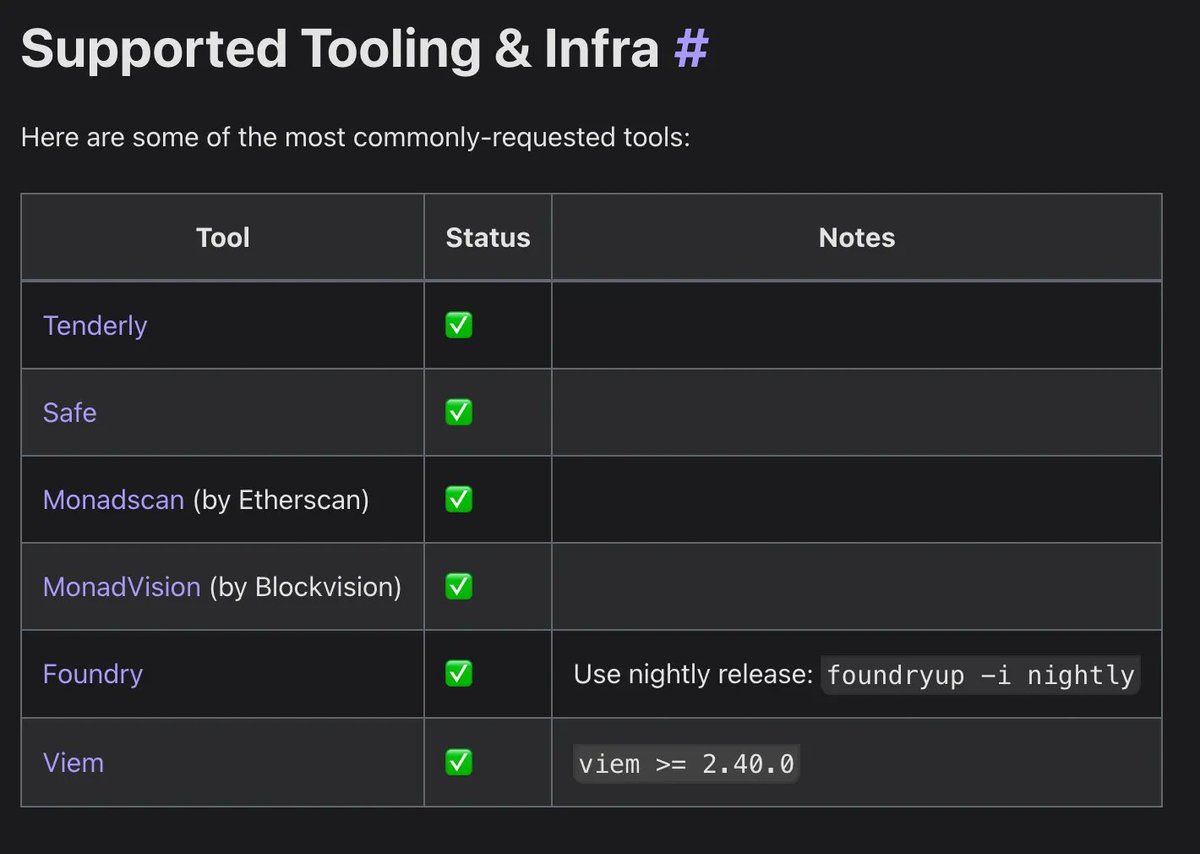Decentralized Leadership and the Future of Industrial Governance: What MSTY's Silence Reveals About the Market's Next Frontier
- Decentralized governance emerges as industrial sector's strategic shift, driven by Michelin, Maersk, and AI-driven efficiency gains (15-35%). - Mynd Solutions (MSTY) remains silent on governance reforms despite $45B valuation, raising concerns about competitive stagnation vs. proactive competitors. - Deloitte 2024 data shows 30% higher ROI for decentralized firms, yet MSTY clings to traditional hierarchies amid New Hampshire's 2024 DAO Act developments. - Investors face dilemma: MSTY's delayed decentrali
In the ever-evolving landscape of corporate governance, the industrial sector is witnessing a seismic shift. By 2025, decentralized managerial structures have emerged as a defining feature of companies striving to balance agility with accountability in an AI-driven economy. While firms like Michelin and Maersk have publicly embraced this model, Mynd Solutions (MSTY) remains conspicuously silent on its governance strategy. This silence, however, is not a sign of stagnation but a window into the broader tension between traditional hierarchies and the disruptive potential of decentralized leadership. For investors, the question is not whether MSTY will adapt but how quickly—and whether its competitors will outpace it in the race to redefine industrial governance.
The Rise of Decentralized Governance: A Strategic Imperative
Decentralized managerial structures are no longer a niche experiment. They are a response to the dual pressures of digital transformation and the need for real-time decision-making. By empowering mid-level managers and frontline employees, companies can bypass bureaucratic bottlenecks, accelerate innovation, and align operational execution with strategic goals. The results are measurable: firms that have adopted this model report efficiency gains of 15–35%, with case studies in mining, fashion retail, and logistics demonstrating profitability boosts of up to 12%.
The key to this success lies in redefining leadership roles. Mid-level managers are no longer intermediaries but strategic architects. They coordinate cross-functional teams, interpret AI-generated insights, and ensure ethical oversight of automation. For example, a mining company's shift to decentralized roles reduced error rates by 40% and boosted profitability, while a global fashion brand's “visionary” buyers leveraged AI to drive $80 million in incremental sales. These examples underscore a critical insight: decentralized governance is not about abdicating control but redistributing it to where value is created.
MSTY's Position: A Cautionary Case of Strategic Ambiguity
Mynd Solutions, a leader in industrial automation and AI-driven logistics, has yet to announce a formal pivot to decentralized governance. Public filings and board statements in 2025 reveal no concrete steps toward flattening hierarchies or empowering mid-level managers. This is not to say MSTY is lagging—it has invested heavily in AI and blockchain technologies—but its governance model remains rooted in traditional command-and-control structures.
The absence of a clear strategy raises questions. Is MSTY waiting for regulatory clarity on DAOs (Decentralized Autonomous Organizations), as outlined in New Hampshire's 2024 DAO Act? Or is it prioritizing short-term stability over long-term adaptability? For investors, the answer matters. Companies that delay decentralization risk being outmaneuvered by competitors who treat leadership as a distributed asset rather than a centralized function.
The Investor's Dilemma: Patience vs. Proactivity
Decentralized governance is not without risks. Shadow hierarchies, accountability gaps, and the ethical challenges of AI integration are real concerns. Yet, the data is unequivocal: firms that invest in manager training, human-centric metrics, and AI collaboration tools see higher returns on innovation. Deloitte's 2024 research found that companies with robust decentralization programs achieved 30% higher ROI on innovation than their peers.
For MSTY, the path forward is clear but uncharted. If it follows the playbook of Maersk or Klick Health, it could leverage AI to guide front-line managers in logistics or healthcare, respectively. Imagine MSTY's logistics teams using real-time data to optimize supply chains, with mid-level managers acting as both strategists and ethical gatekeepers. The potential for cost savings and operational agility is immense.
The Road Ahead: Governance as a Competitive Advantage
The industrial sector's next frontier is not just about technology but about trust. Decentralized governance fosters a culture of transparency, accountability, and employee engagement—factors that are increasingly valued by shareholders. As regulatory frameworks for DAOs mature, companies that adopt hybrid models (combining blockchain with human oversight) will gain a first-mover advantage.
For MSTY, the time to act is now. Investors should monitor its Q3 2025 earnings call for hints of governance reforms and track its R&D spending on AI collaboration tools. If the company remains stagnant, its competitors will capitalize on the gap .
Conclusion: Leadership-Driven Equities in a Decentralized Era
The future belongs to companies that treat leadership as a distributed capability. Decentralized governance is not a fad—it is a fundamental reimagining of how value is created in the AI age. For investors, the lesson is simple: prioritize equities where leadership is a shared responsibility, not a top-down directive. MSTY's current silence may be a warning sign, but it also presents an opportunity. The question is whether the company will rise to the challenge—or let its peers redefine the rules of the game.
Disclaimer: The content of this article solely reflects the author's opinion and does not represent the platform in any capacity. This article is not intended to serve as a reference for making investment decisions.
You may also like
Stablecoin Legislation Booms Globally, Why Is China Taking the Opposite Approach? An Article to Understand the Real National Strategic Choices
Amid the global surge in stablecoin legislation, China has chosen to firmly curb stablecoins and other virtual currencies, while accelerating the development of the digital yuan to safeguard national security and monetary sovereignty. Summary generated by Mars AI. This summary is produced by the Mars AI model and its accuracy and completeness are still being iteratively improved.

Liquidity migration begins! Japan becomes the Fed's "reservoir," 120 billions in carry trade returns set to ignite the December crypto market
The Federal Reserve has stopped quantitative tightening and may cut interest rates, while the Bank of Japan plans to raise rates, changing the global liquidity landscape and impacting carry trades and asset pricing. Summary generated by Mars AI. This summary is produced by the Mars AI model, and the accuracy and completeness of its content are still under iterative improvement.

Weekly Hot Picks: Bank of Japan Sends Strongest Rate Hike Signal! Is the Copper Market Entering a Supercycle Rehearsal?
The leading candidate for Federal Reserve Chair is being questioned for potentially "accommodative rate cuts." Copper prices have reached a historic high, and a five-hour meeting between the United States and Russia ended without results. Expectations for a Japanese interest rate hike in December have surged, and Moore Threads' stock soared more than fivefold on its first day... What market moves did you miss this week?

Monad Practical Guide: Welcome to a New Architecture and High-Performance Development Ecosystem
This article will introduce some resources to help you better understand Monad and start developing.
